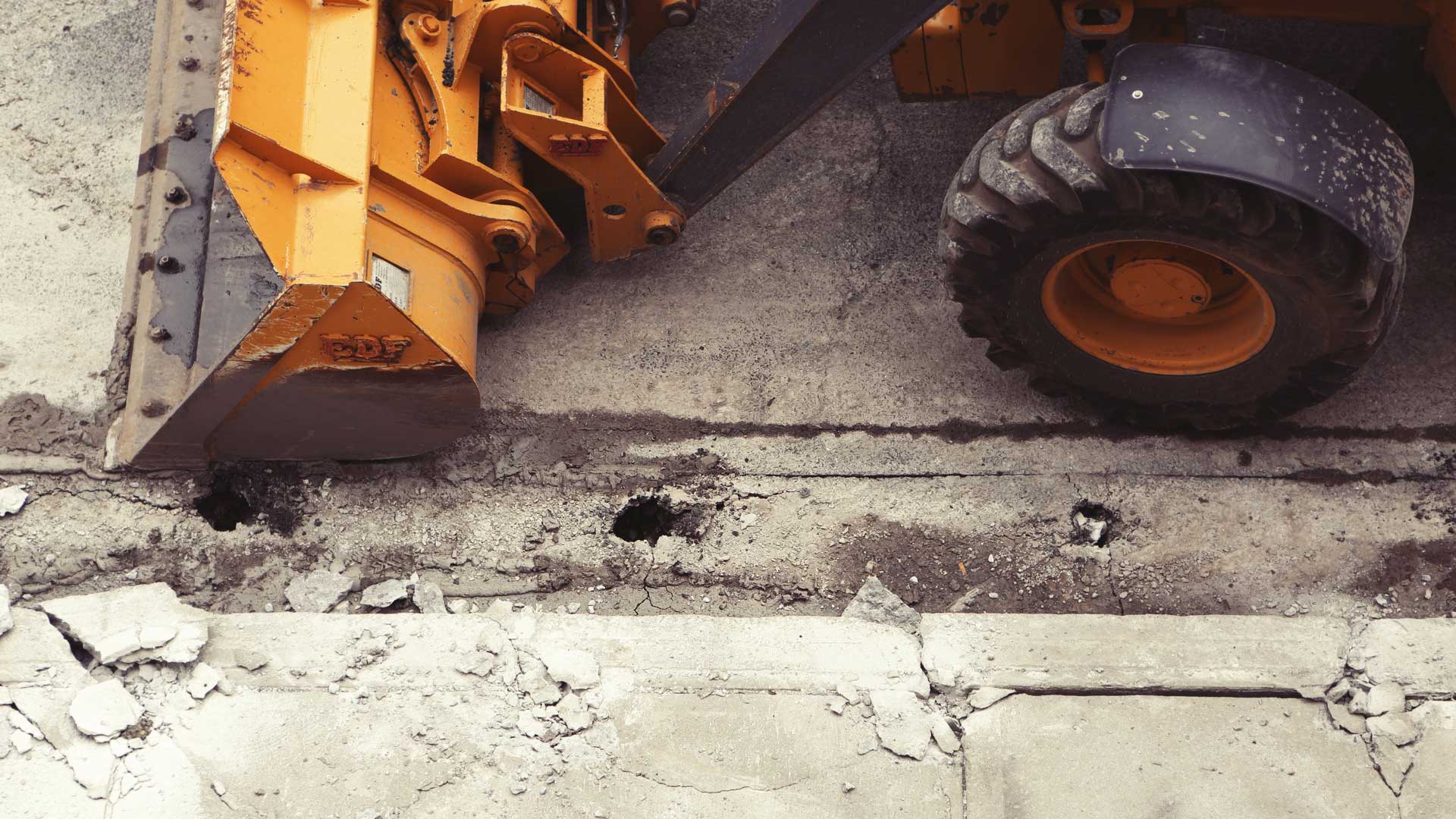Collaboration to drive forward innovation in on-road vehicles and off-road equipment
CRH and Volvo Group have signed a Memorandum of Understanding (MOU) to accelerate net-zero innovations in the design and deployment of on-road vehicles and off-road equipment used in construction with a focus on next generation technology deployment, scaling cutting-edge technology, and operational efficiency.
From the extraction and processing of raw materials, through to transport across the supply chain, to the point of use in construction, there are many types of equipment and vehicles in use across CRH. Through its Innovation Centre for Sustainable Construction, CRH will provide its expertise to identify opportunities to maximize the value of sustainable innovation in construction.
Volvo Group’s brands – Volvo Trucks, Renault Trucks, Mack Trucks and Volvo Construction Equipment (Volvo CE) – will contribute expertise in sustainable transport and infrastructure solutions to the partnership.
CRH is a long-standing key customer of many Volvo Group companies and both organizations have previously successfully collaborated on several projects. This includes the first fully electric concrete mixer in the UK, developed by Renault Trucks and deployed by Tarmac, a CRH Company, and the introduction of the first Volvo FM electric truck in France, operated on behalf of Eqiom, a CRH Company.
Earlier this year, Volvo CE delivered North America’s first machine made of fossil free steel, an A30G articulated hauler to Pennsy Supply, a CRH company in Pennsylvania. Additionally, both companies jointly participated in a Net Zero Roads event held in the UK in October 2023 testing Volvo equipment at various Tarmac operational sites.
Both organizations are on ambitious journeys to reduce emissions. CRH is targeting an industry leading 30% reduction in group-wide emissions by 2030 and to become a net-zero business by 2050. Volvo Group’s target is to have 35% fully electric sales by 2030 and be net-zero in its value chain by 2040. This collaboration is an important step in a shared commitment to accelerate the transition to net-zero.


Discussion
Be the first to leave a comment.
You must be a member of the BuiltWorlds community to join the discussion.